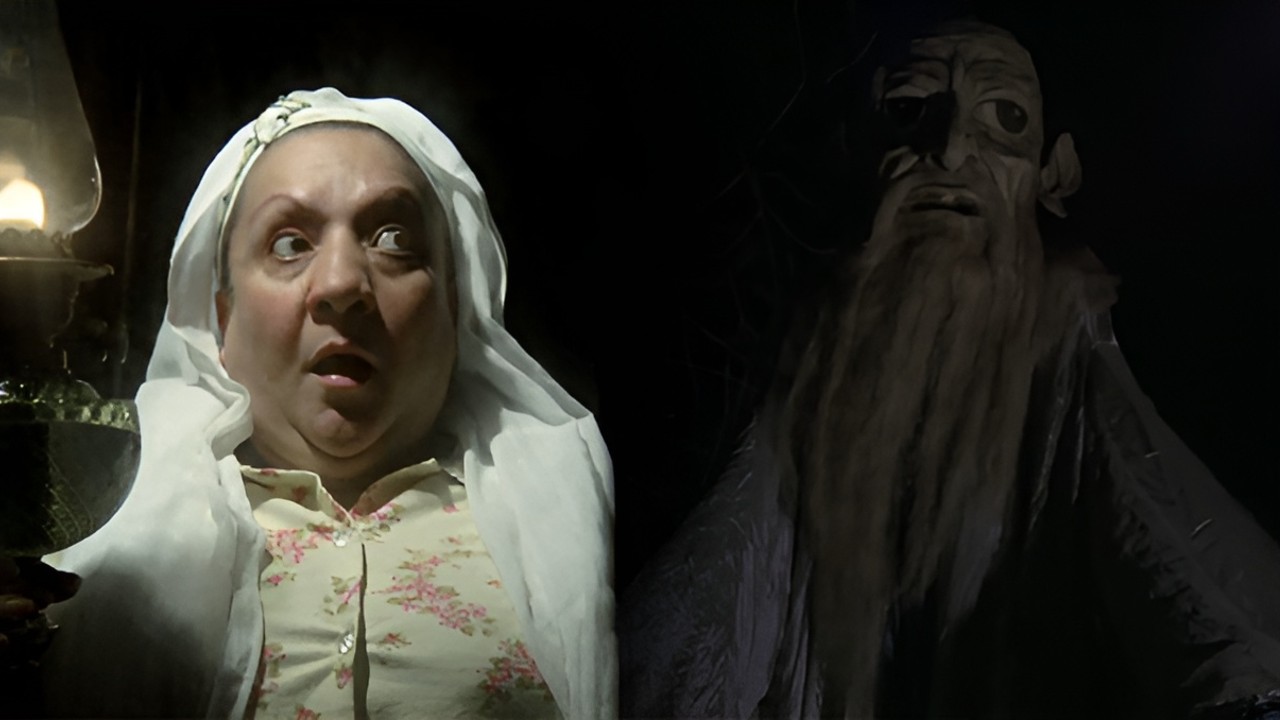Many of us take a strange pleasure in getting into situations where we feel at least a little bit afraid. Simply put, who among us wouldn’t want to listen to a horror-themed story from our friend? As soon as he starts talking, a strange interest arises within us. Moreover, this rising feeling is linked to our evolution.
We love watching true crime themed documentaries about murders, we go to scary houses just to be scared, we watch movies with scary beings, we wear spooky costumes and make-up on Halloween, we play horror themed games, we tell creepy stories at camp, even in some countries crime scenes turned into museums There are even people who visit. In short, we have a strange curiosity and interest in things we would never want to be involved in.
This interest of ours is an issue that has confused scientists for a long time. According to the surprising results of research our curiosity to experience fear, It extends deep into our evolutionary past! Moreover, it even benefits us. So how?
Darwin conducted an interesting experiment to examine the phenomenon of attraction to fear.
Darwin put a bag containing a snake into a cage with monkeys at the London Zoo. One of the monkeys carefully walked to the bag, looked inside and He ran away screaming. Seeing this, another monkey walked towards the bag and did the same. Then another monkey, then another monkey, then many monkeys were doing the same thing.
In Darwin’s definition, the monkeys had “satisfied their terror.” Moreover, this situation exists in most of the animal kingdom. For example, sometimes, a weaker animal that encounters a predator will become its killer. approaching the predator can look at it.
Overcoming scary events, games, experiences; It helps us face the challenges that arise in the disturbing world we live in.
Our fascination with things that can harm us is the only way we can learn about dangers we don’t face and rehearse our responses to them. gaining composure, learning to adapt in the face of surprise and uncertainty; a fundamental evolutionary function.
Participating in games that simulate threatening situations helps small mammals such as tiger and wolf cubs quickly regain mobility and emotional stability. That’s what people do, too.
Let’s take a journey back to your childhood.
When you were a little child, you saw your mother or father opening their hands and arms like a monster. “I’ll catch you now!” Remember, he comes after you with a fun threat. There was a pleasure in fear! The same goes for tickling, for which we are vulnerable. Under stress, To avoid being vulnerable to attack We experience trying to maintain our motor controls.
Nowadays, increased security measures for children increase anxiety in children.
Yes, security is of course a good thing. However, we cannot ignore scientific facts. In recent years, exciting and frightening games for children have been abolished or security in schools and parks has been increased. Anxiety that occurs in childhood It increases.
Over-controlling children’s safety and hygiene, their opportunities to learn about themselves and skills to cope with scary/challenging situations it dulls. Of course, security should not be completely eliminated, but they should be given the opportunity to play games where they can gain some independence.
To summarize…

The reason we strangely enjoy being in events that make us feel afraid is that it is a way for us to cope with other frightening events in the world. “rehearsal mechanism”.
Moreover, not only we as humans do this, but also animals. No matter how “advanced” creatures we are, our primitive instincts still exists!
Our other content that may interest you:
RELATED NEWS
What Kind of Psychological Disorder Is Behind Cases of Being Possessed by Jinn or Satan?
RELATED NEWS
Science Explains This Too: There’s a Reason Why Ghosts Often Appear in Old Houses You Can’t Easily Guess!
RELATED NEWS
